In a significant policy move, Prime Minister Narendra Modi's newly elected Union Cabinet has approved the construction of an additional three crore rural and urban houses under the Pradhan Mantri Awas Yojana (PMAY). This decision aims to ensure continuity of the Housing for All scheme and rejuvenate the affordable housing segment, which has seen subdued demand in recent quarters.
Commitment to Housing for All
Prime Minister Narendra Modi emphasised the government's commitment to addressing the housing needs of the nation, stating on X (formerly Twitter), "This decision underscores the government's commitment to addressing the housing needs of our nation and ensuring that every citizen leads a better quality of life." The expansion of PMAY highlights the government's focus on inclusive growth and social welfare.
Industry Expert Reactions;
Following the announcement, shares of housing finance and infrastructure companies such as HUDCO and NBCC surged by nearly 9% on the Bombay Stock Exchange. Real estate experts have welcomed the move, anticipating a positive impact on the affordable housing segment.
Mr. Pradeep Aggarwal, Founder & Chairman, Signature Global (India) Ltd remarked, "This decision reinforces the government's commitment to "housing for all" and introduces a significant enhancement: a higher eligible carpet area under the PMAY-Urban (PMAY-U) scheme, compared to the earlier Credit Linked Subsidy Scheme (CLSS)."
"By expanding carpet area eligibility, the government is addressing critical challenges faced by potential homebuyers in the affordable and mid-housing segments. This progressive step is expected to increase home ownership opportunities for urban and rural populations, ensuring broader access to housing and promoting socio-economic stability. The new scheme is poised to make a substantial impact on the housing sector, encouraging developers to prioritize affordable housing projects and ultimately boosting the overall housing supply in the country," he futher added.
Mr Rajat Likhyani , Principal Partner at Square Yards said that, “PMAY has been a crucial initiative in addressing the housing shortage across both urban and rural areas. The scheme offers essential credit-linked subsidies, helping eligible families to achieve homeownership and access basic amenities significantly improving their living conditions. In the last 10 years, the scheme has facilitated the completion of 4.21 crore homes. The Government of India’s recent decision to build an additional 3 crore rural and urban houses is a positive move, further promoting homeownership among economically weaker sections and low-income groups.”
Economic Impact
Industry leaders believe that the PMAY scheme's extension will have a ripple effect on employment and economic growth. Mr Ravi Shankar Singh, Managing Director, Residential Transaction Services, Colliers India, stated, “The announcement of 3cr additional housing units is a very welcoming initiative. The government is driving the PM Awas Yojana in the right direction by addressing the housing needs of rural India and at the same time creating employment opportunities in these regions.”
Current Status of PMAY
Since its inception in 2015-16, the PMAY has aimed to provide assistance for constructing houses with basic amenities for eligible rural and urban households. As per the Union Ministry of Housing and Urban Affairs (MoHUA), 11.86 million houses have been sanctioned in urban areas, with 8.35 million built. In rural areas, over 25.5 million houses have been constructed against the sanctioned target of 29.5 million.
Future Prospects:
The Union Cabinet's decision to approve the construction of an additional 3 crore homes under PMAY signifies a promising future for the affordable housing sector in India. This monumental move is expected to inject new life into the housing market, spurring demand and revitalizing the economy in both rural and urban areas.
With the expansion of PMAY, there is a renewed sense of hope for millions of families striving for homeownership. By addressing critical challenges and increasing accessibility to housing, particularly for economically weaker sections and low-income groups, the initiative is poised to foster socio-economic stability and promote inclusive growth.
Furthermore, the ripple effects of this decision are likely to extend beyond housing, influencing various sectors of the economy. Increased construction activities will create employment opportunities, stimulate demand for raw materials, and drive infrastructural development, ultimately contributing to overall economic prosperity.
Moreover, the government's commitment to inclusive growth and social welfare, as demonstrated by the expansion of PMAY, sets a positive precedent for future policy initiatives. By prioritizing the needs of its citizens and investing in essential infrastructure, India is laying the groundwork for a more equitable and sustainable future.
Conclusion:
The Union Cabinet's approval to construct an additional 3 crore homes under PMAY reflects a bold step towards achieving the goal of Housing for All. This decision underscores the government's unwavering commitment to inclusive growth and addresses the fundamental need for shelter among its citizens.
As this initiative unfolds, it holds the potential to transform the housing sector, stimulate economic growth, and improve the quality of life for millions of people across the nation. By prioritizing affordable housing and fostering socio-economic stability, the government is laying the foundation for a more resilient and prosperous future for generations to come.
Image source- newsbharati.com/

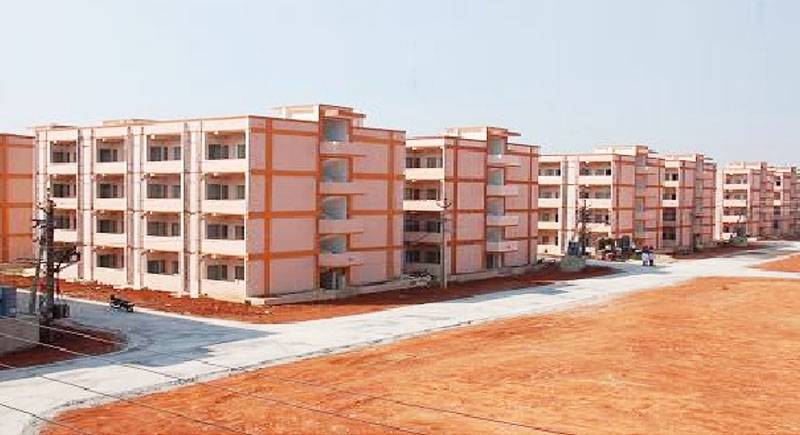
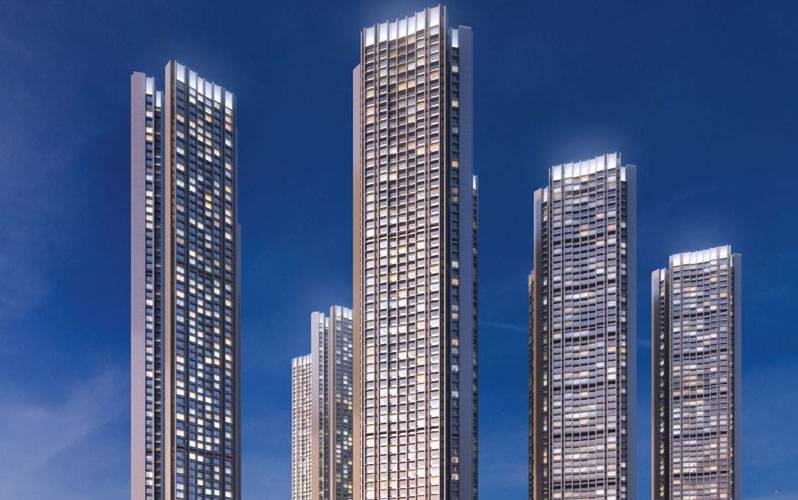
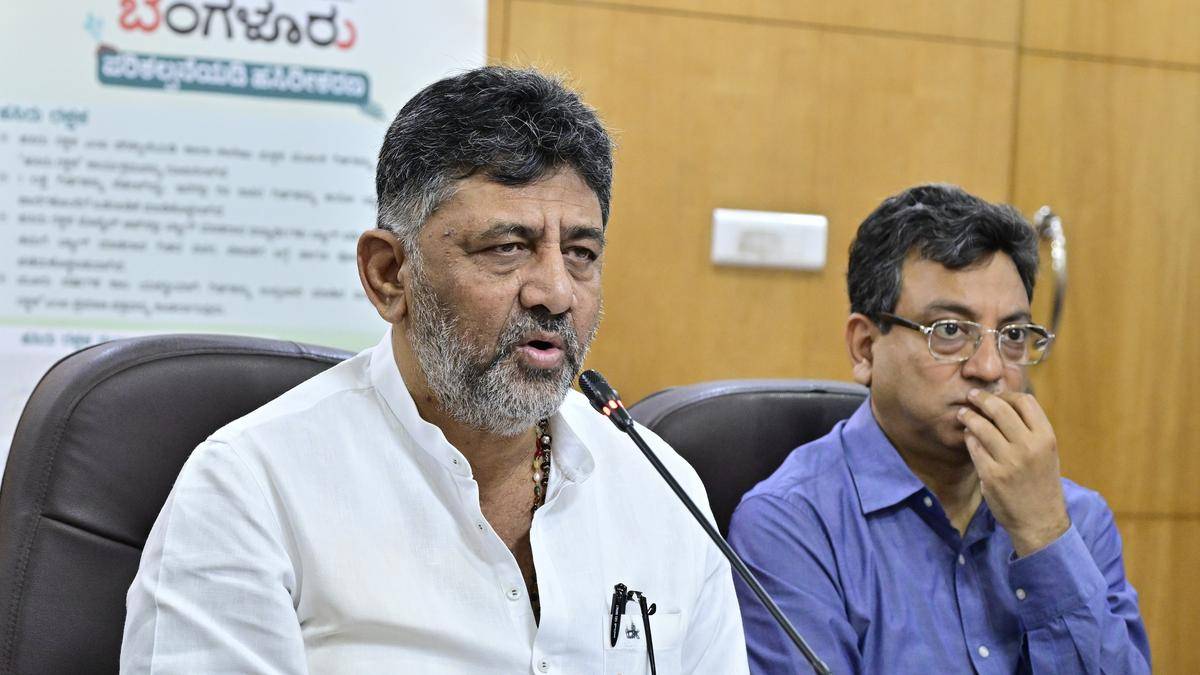

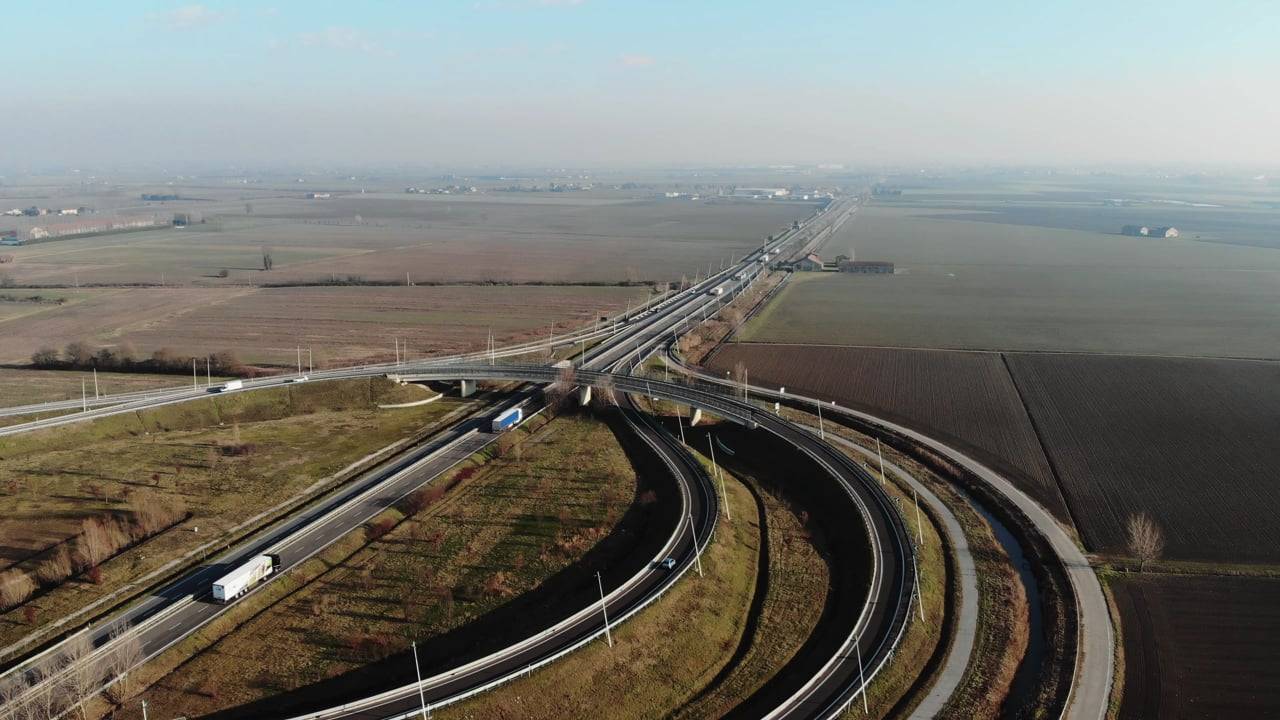


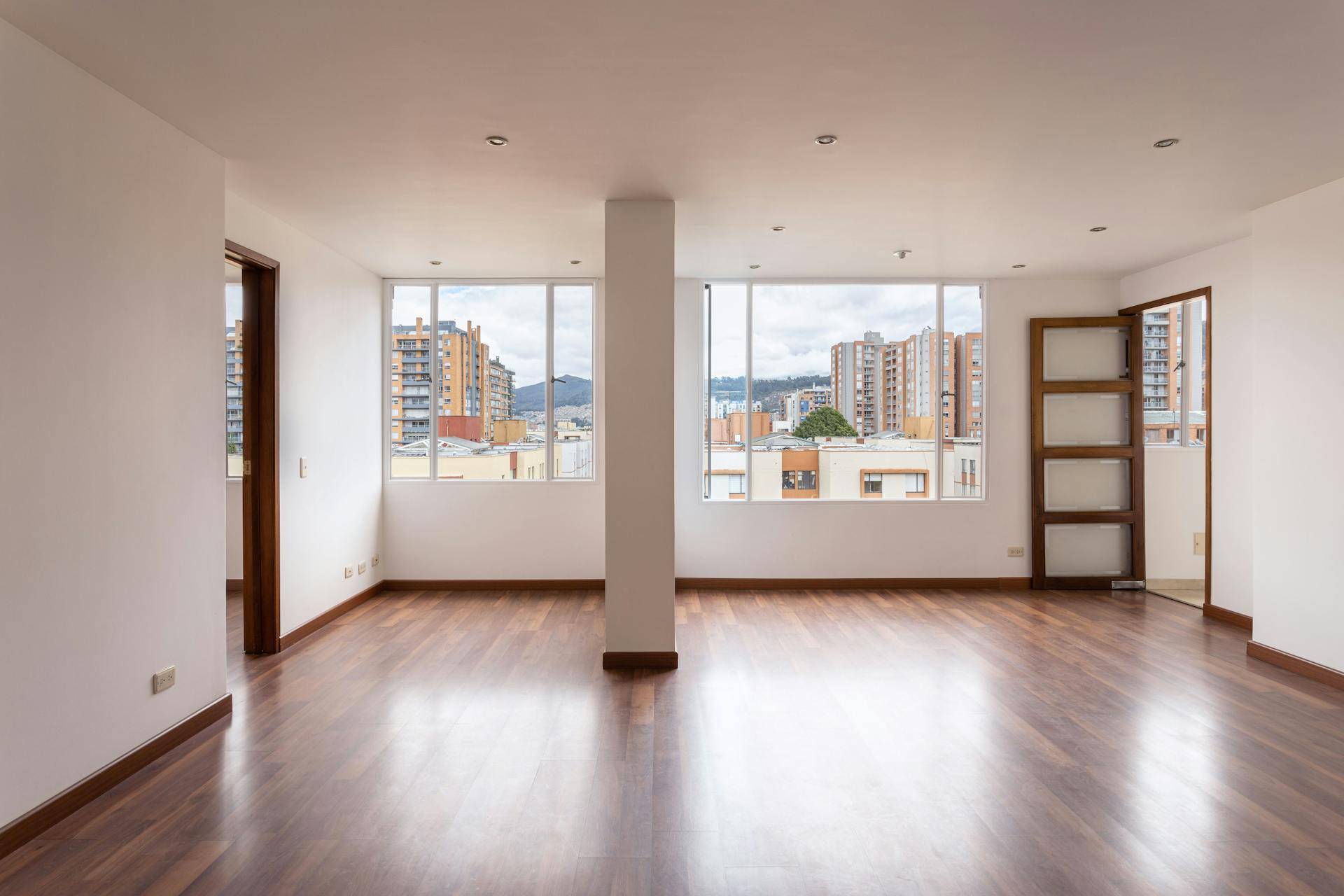
.png)